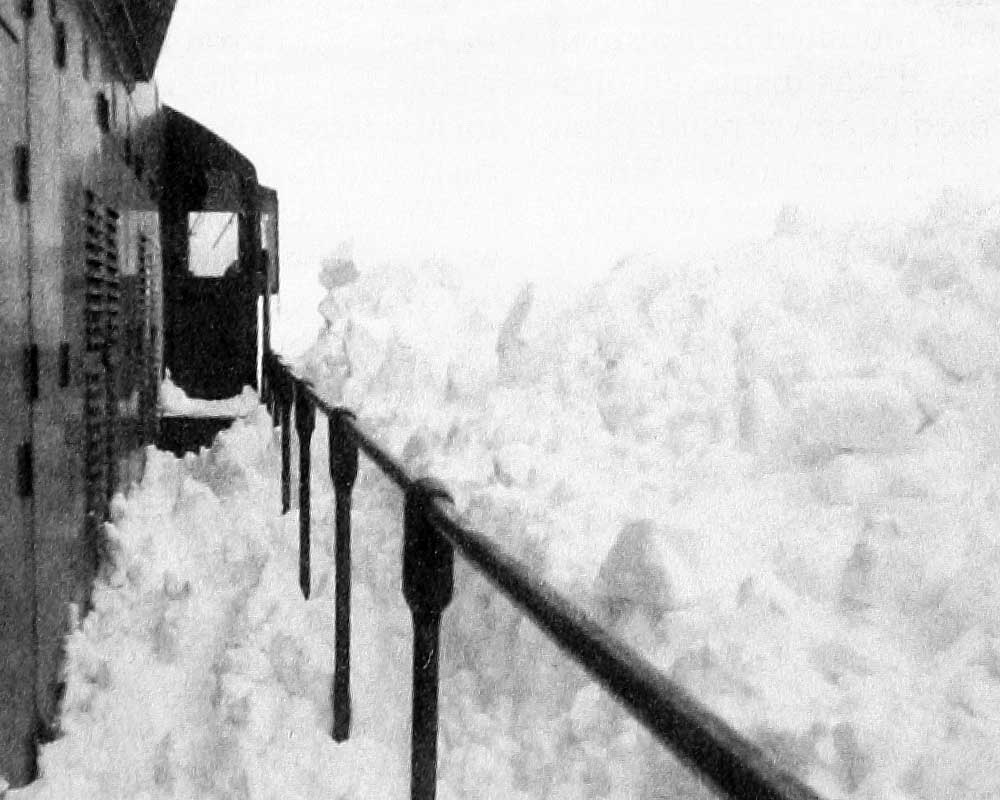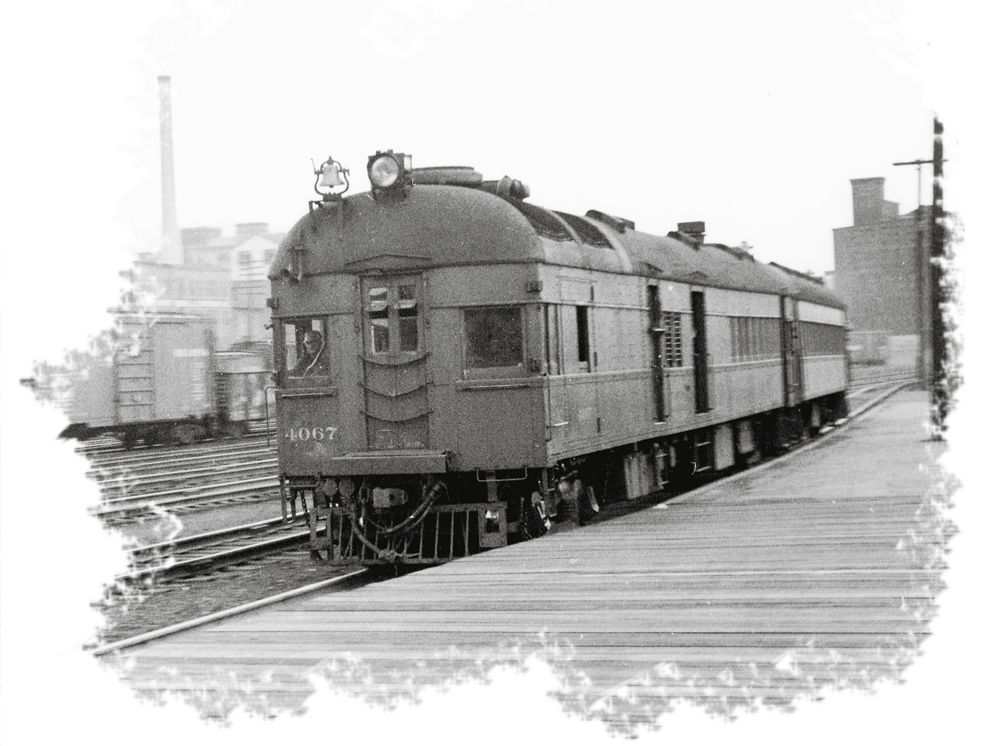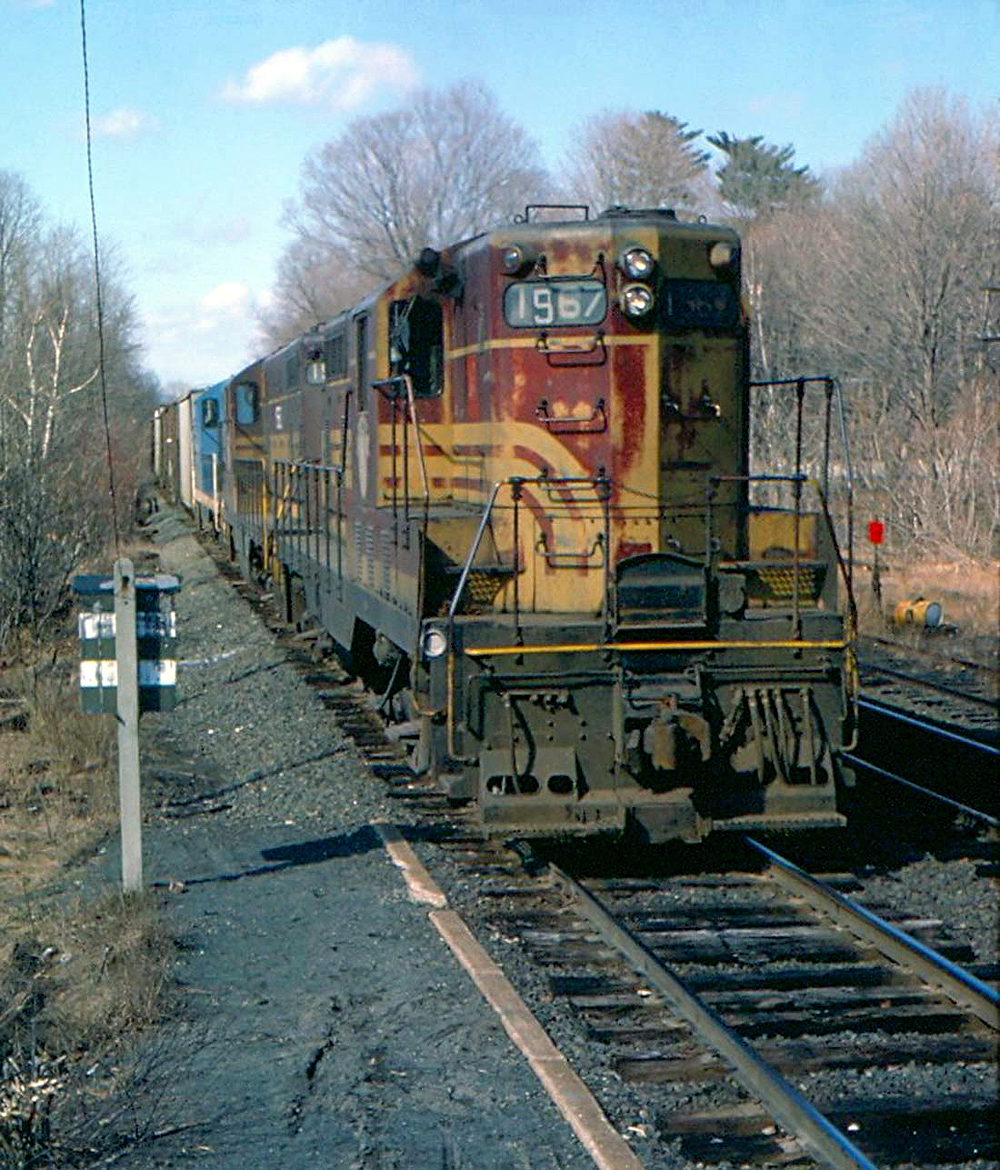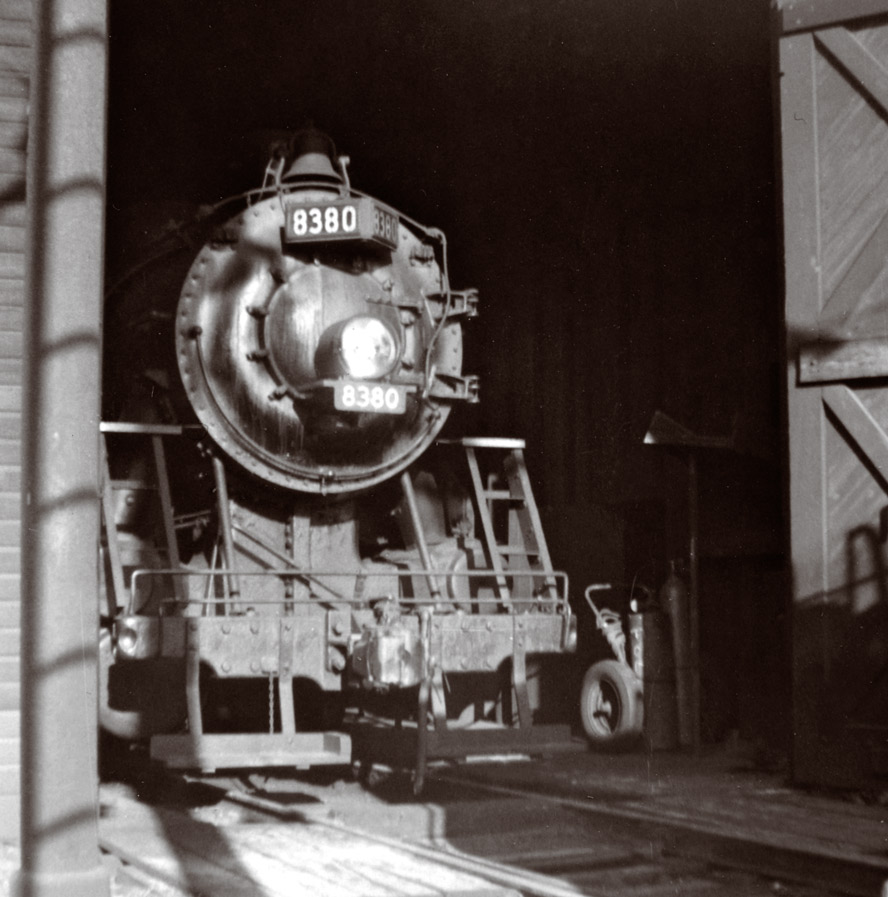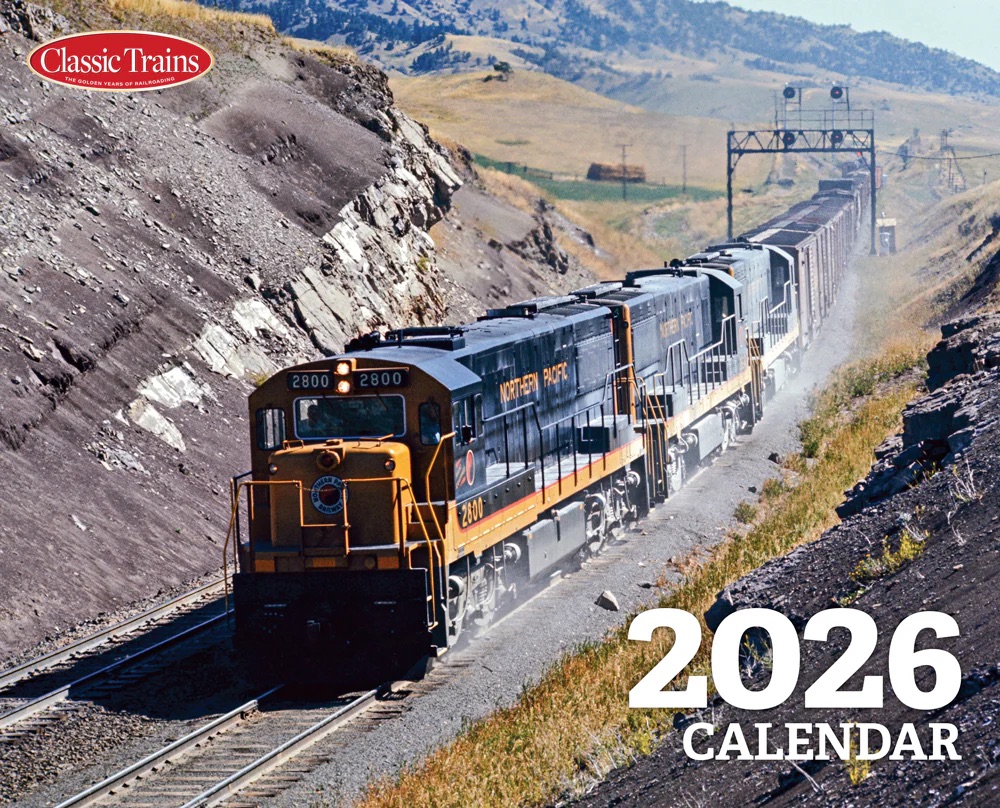On the return trip, Earl and I were called for around midnight. It was a bitterly cold night, but our engine, a 2600-class Mikado, was steaming well. At about 2 a.m., as we were pulling up a grade, my injector quit putting water in the boiler. I tried to restart it several times, but no luck. I told earl about it, and he said we were no doubt out of the water. I tried his injector, but it wouldn’t work either. I asked Earl if he wanted to cut and run for water. He said if we did that we would tie the railroad up for hours, and there were some passenger trains due soon. As we kept chugging up the grade, the water kept getting lower, until finally I could no longer see any in the sight glass.
The head brakeman said to Earl, “Is the s.o.b. gonna blow up?” Earl replied, “Any time it might.” He suggested the brakie drop off and get back on at least 35 cars back, saying, “When these babies blow, there’s only a hole in the ground left.”
The brakie left. Earl asked if I was willing to stick it out, and I said yes. If we reached the top of the hill, we could drift down the other side to a water crane. We tried all three gauge cocks on the boiler but all we got was dry steam. I got the shaker bar ready and told Earl when he said the word I would shake the fire out. When we reached the top, Earl called to me and I shook out all the fire. As we neared the water crane, I crawled onto the tender and pulled open the hatch. As soon as we stopped, I swung the crane over and started taking water. As the water poured into the tender, Earl jockeyed the engine back and forth slightly, hoping to splash what little water was left in the boiler over the crown sheet. He then put his injector on, another dangerous time.
We had less than 100 lbs. of steam left, but Earl was elated — we had made it without blowing up, and the firebox looked OK.
Needing wood to rebuild the fire, I tore down a nearby outhouse and part of a fence. In the meantime, the brakie returned and said he would help Earl with the fire while I cleaned out the ashpan. When I got back in the cab, they had a good fire going and the steam started to build up. After we got enough steam Earl moved the train into a siding. After the passenger trains were gone, we finished our trip.
I shudder now to think how we risked our lives to get our train over the road that trip. But that’s railroading, I guess.






